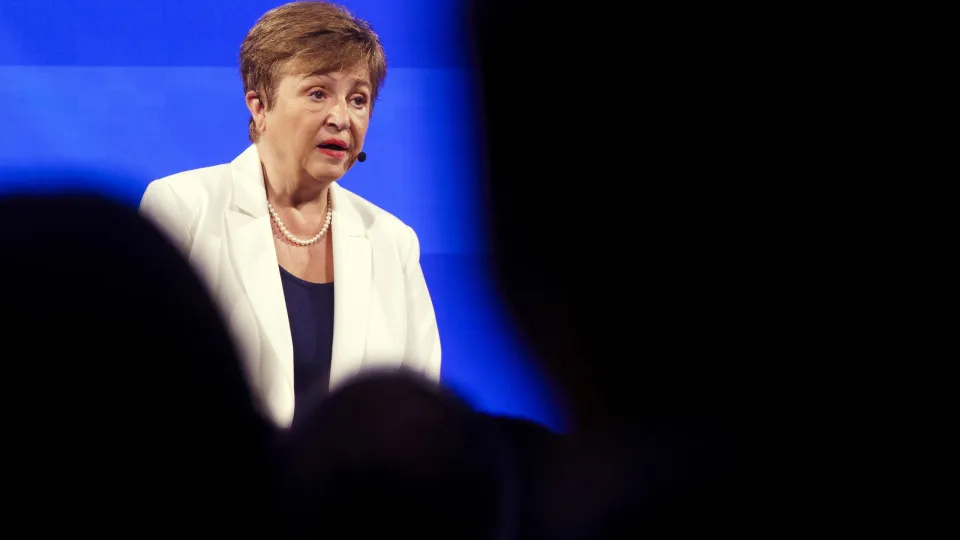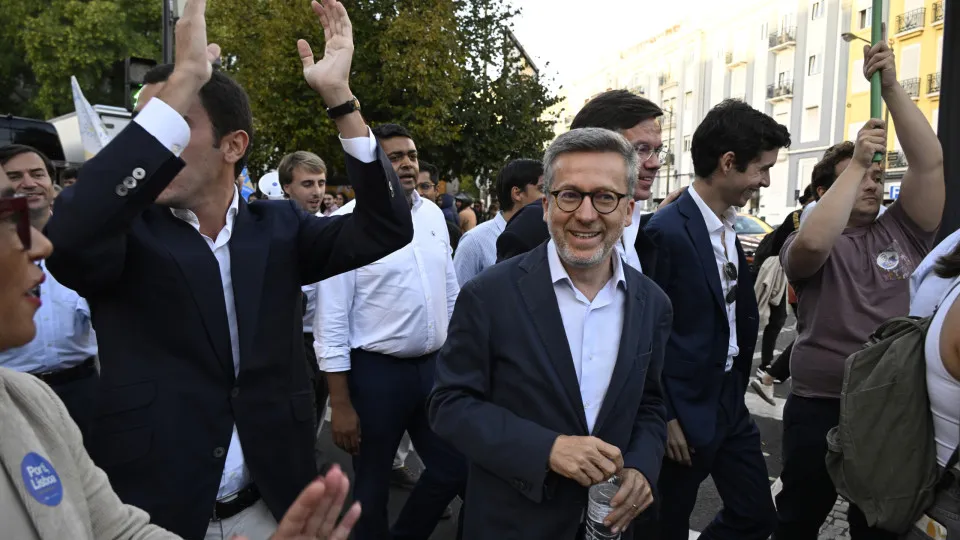
The global economy “has generally withstood acute tensions” and is performing “better than expected, but not as well as necessary,” said IMF Managing Director Kristalina Georgieva during her traditional speech before the IMF and World Bank’s annual meetings scheduled for next week.
As a result, the upcoming World Economic Outlook (WEO) report, to be published Tuesday, is expected to forecast “global growth of around 3% in the medium term,” consistent with previous years but still “below the 3.7% observed before the pandemic,” she emphasized.
“Last April, many experts — we were not among them — predicted a short-term recession in the United States, with negative consequences for the rest of the world. But the American economy, as well as that of many advanced and emerging countries, has held up,” she insisted.
Cited reasons included lower-than-expected U.S. tariffs, now placing the United States among countries imposing the highest rates on incoming products, along with financial conditions supporting economic activity, an adaptable private sector, and solid political fundamentals.
However, although the economy has weathered shocks, “resilience has not yet been fully tested,” Georgieva warned, noting several warning signs, starting with “an increase in global demand for gold” and the persistent risk that tariffs could drive up inflation.




